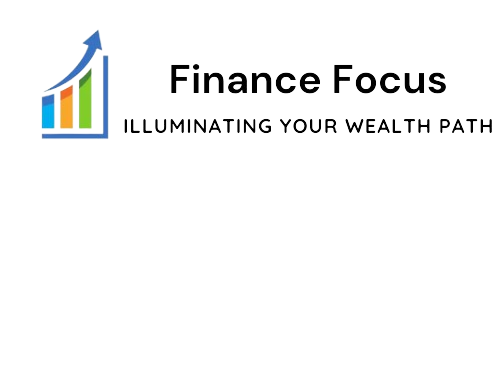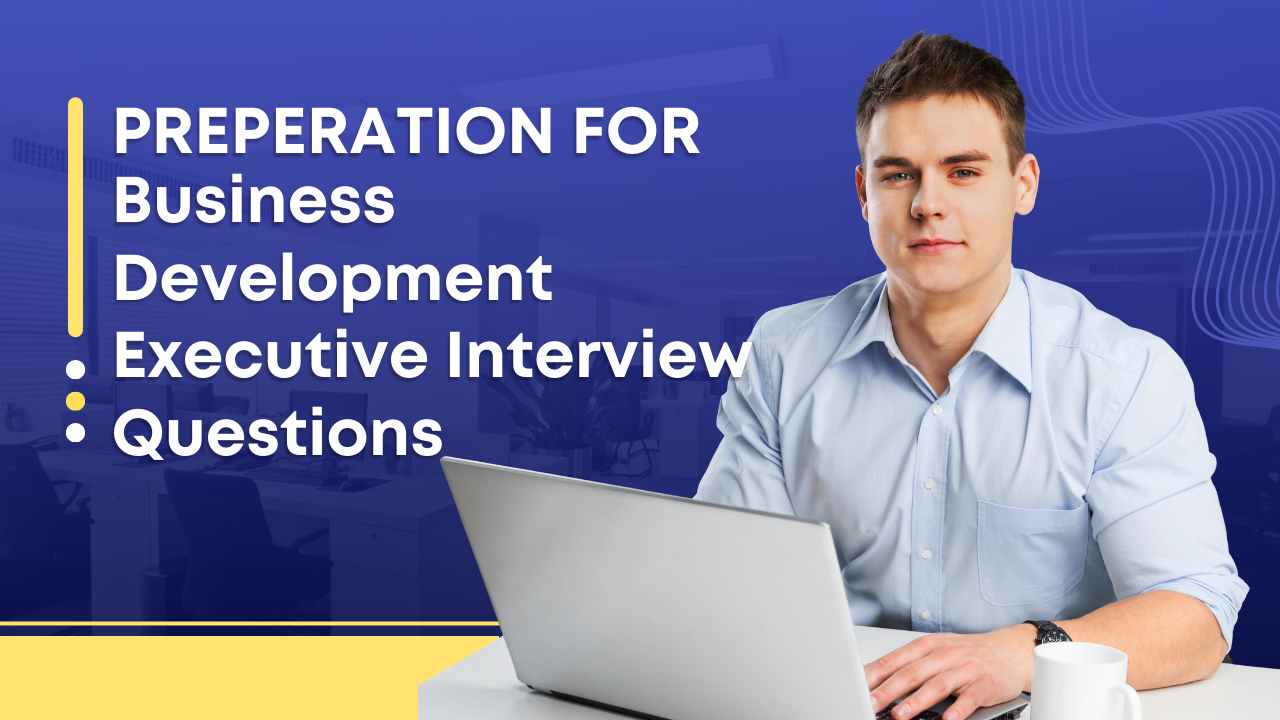Business development executives play a pivotal role in driving a company’s growth and ensuring it stays competitive in the market. But when it comes to hiring the right person for this role, how do you know which questions to ask? Whether you’re preparing for an interview or conducting one, the right questions can make all the difference in assessing skills, experience, and personality.
In this article, we’ll explore business development executive interview questions that can help you land your dream job or hire the perfect candidate. We’ll break down the questions into categories, provide detailed explanations, and ensure you feel confident during the interview process. Ready to dive in?
The business development executive role is diverse, requiring a mix of strategic thinking, communication skills, and the ability to adapt to different markets. Whether you’re an interviewer or interviewee, being prepared with relevant questions or answers is essential. But why is it so important?
Why Interview Questions Matter
The right questions help employers gauge whether a candidate is suitable for the role. For candidates, answering them correctly demonstrates not just competence but the ability to think on your feet. Good interview questions target:
- Skills and experience
- Problem-solving abilities
- Strategic thinking
- Cultural fit
General Interview Questions
Some general questions may be asked from the candidate. These may be:
Q1: Can you tell me about yourself and your professional background?
Q2: Why do you want to work for this company?
Q3: What are your greatest strengths, and how will they help you succeed in this position?
Q4: Can you describe a challenging situation you faced at work and how you handled it?
Q5: Where do you see yourself in five years?
Skills-Based Interview Questions
To assess whether the candidate has the necessary skills for business development, these questions focus on the core competencies:
Q1: Can you describe a successful business development strategy you’ve implemented in the past?
Q2: How do you prioritize leads and opportunities?
Q3: How do you conduct market research to identify new business opportunities?
Q4: What tools or CRM software have you used to track and manage business development activities?
Q5: How do you build and maintain long-term relationships with clients or partners?
Behavioural Interview Questions
Behavioural questions help understand how the candidate has dealt with specific situations in the past:
Q1: Tell me about a time when you successfully closed a challenging deal. How did you do it?
Q2: Describe a situation where you had to meet a tight sales target. How did you manage it?
Q3: Can you share an example of when you identified a new business opportunity? What steps did you take?
Q4: Tell me about a time when you had to rebuild a relationship with a client. How did you approach it?
Q5: Describe a situation where your strategy didn’t work. How did you adjust and move forward?
Related: What’s the Difference Between Sales and Business Development?
Industry-Specific Interview Questions
Tailoring questions to the specific industry helps ensure the candidate has the required market knowledge:
Q1: What trends are you currently observing in our industry, and how do you think they will affect business development strategies?
Q2: How would you approach a new market within our sector?
Q3: Can you identify any key competitors and explain their strengths?
Q4: What industry challenges do you foresee in the coming year?
Q5: How do you stay updated with industry news and developments?
Problem-Solving and Strategic Thinking Questions
For business development executives, thinking strategically is key. These questions assess a candidate’s ability to develop strategies:
Q1: How would you handle entering a saturated market with a new product?
Q2: What’s your process for identifying potential partnerships or acquisition targets?
Q3: How would you handle a situation where a major client is threatening to leave? What steps would you take to retain them?
Q4: Imagine you’re given a limited budget to develop a new market segment. How would you allocate resources to maximize impact?
Q5: What would you do if you discovered that your current business strategy is failing to meet its objectives?
Q6: How would you approach developing a partnership with a company that is a competitor?
Sales and Marketing-Related Questions
Sales and marketing are integral to business development, so it’s crucial to explore these areas:
Q1: What’s your approach to upselling current clients?
Q2: How do you develop and execute a successful sales strategy for a new product/ service?
Q3: What techniques do you use to generate high-quality leads and convert them into sales?
Q4: Can you provide an example of a marketing campaign you’ve managed? What were the results?
Q5: How do you align sales and marketing efforts to ensure consistent messaging and maximize revenue?
Q6: What is your approach to analyzing sales data and using it to inform your business development strategies?
Leadership and Management Skills
A business development executive often leads teams, and it’s important to assess their leadership qualities:
Q1: How do you motivate your team to achieve business development goals?
Q2: Can you describe a time when you had to lead a project under tight deadlines? How did you manage the team and resources?
Q3: How do you handle conflicts within your team or between different departments?
Q4: What strategies do you use to develop and mentor junior team members?
Q5: How do you measure the performance of your team and ensure they are meeting their targets?
Cultural Fit and Soft Skills
Soft skills are just as important as technical skills. These questions help determine if the candidate is a cultural fit for the organization:
Q1: How do you adapt your communication style when dealing with different departments or external partners?
Q2: Can you describe a time when you collaborated with a team to achieve a business goal?
Q3: How do you handle rejection or setbacks in your sales efforts, and what strategies do you use to stay motivated?
Q4: How do you approach building long-term relationships with clients while balancing the need to meet short-term business goals?
Q5: Can you give an example of a time when you had to adapt your approach to meet the needs of a particular client or market? How did you handle the change?
Q6: What kind of work environment do you thrive in, and how do you contribute to maintaining a positive and collaborative team culture?
Scenario-Based Interview Questions
Scenario-based questions test a candidate’s problem-solving skills and creativity in real-life business situations:
Q1: Imagine you’re tasked with developing a business strategy for a new region with limited market information. How would you proceed?
Q2: If our top competitor launched a similar product, how would you adjust our business development strategy?
Final Thoughts on Business Development Interviews
Interviewing for a business development executive position requires a blend of technical and soft skills. The key is to be well-prepared, focusing on both personal experience and strategic thinking. For interviewers, it’s about asking the right questions to get a comprehensive view of the candidate’s abilities. And for interviewees, it’s about demonstrating value through clear, thoughtful responses.
FAQs
1. What are the most important skills for a business development executive?
The most important skills include strategic thinking, communication, market analysis, and the ability to build strong relationships.
2. How do I prepare for a business development executive interview?
Research the company, understand its industry and competitors, and be ready to discuss your past experiences with clear, relevant examples.
3. What should I expect in a business development interview?
Expect questions about your past experiences, your approach to market expansion, and your ability to identify and act on new business opportunities.
4. How important is industry knowledge in business development?
Industry knowledge is crucial as it helps in understanding market trends, competition, and the specific needs of your clients or customers.
5. What are some red flags to look for in a business development executive interview?
Red flags may include a lack of clear, measurable results from previous roles, poor communication skills, or an inability to adapt to different markets or industries.
More Articles:
The Benefits of Cloud-Based Hosting for Business Afly Pro

